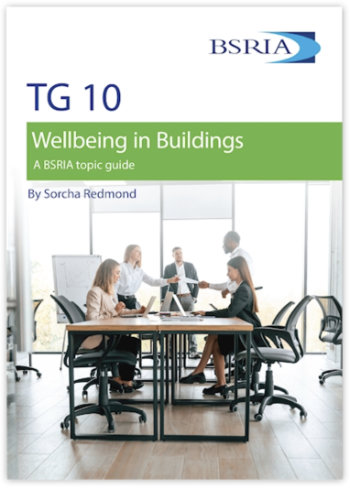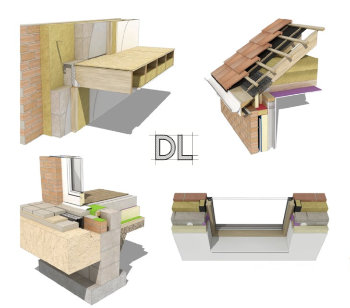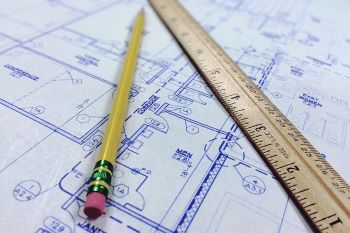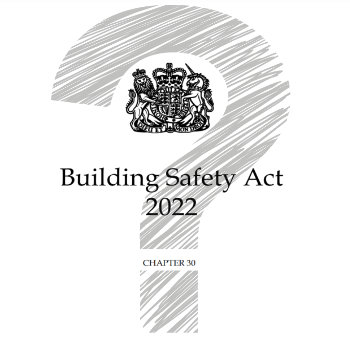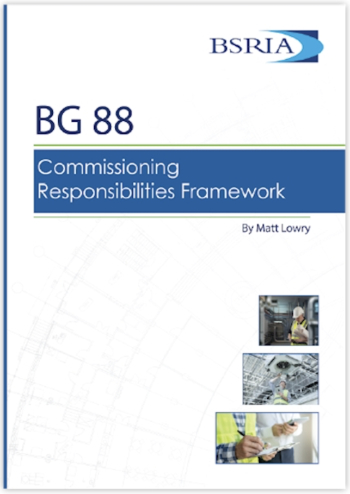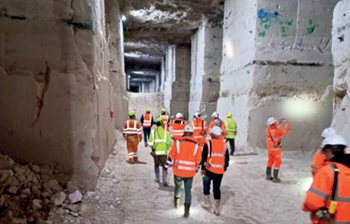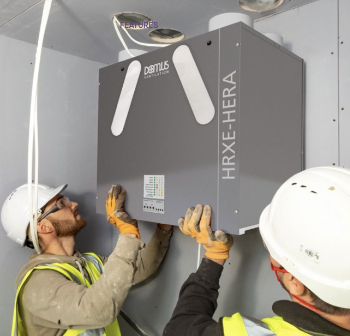Heat metering
Heating accounts for nearly half of final energy consumption in the UK (48% in 2013) and 78% of non-transport energy use (DECC, 2013).
Heat can be considered to be a utility, like water, gas, and electricity. Communal or district heating systems are becoming more common and these involve the centralised generation of heat and the distribution of this heat to individual dwellings. Heat meters are then used to measure the amount of heat delivered to dwellings, just like water, gas, and electricity meters.
The Heat Network (Metering & Billing) Regulations 2014 apply to systems such as this, in which water is heated at a central source of production before being piped to multiple buildings (district networks) or multiple customers in a single building (communal networks).
Under the Regulations, heat suppliers are required to register their heat networks with the Office for Product Safety & Standards. In the case of unmetered networks, they may be required to install meters measuring customers’ actual consumption of heat. Where such meters are installed, heat suppliers are required to use them to bill customers according to their actual consumption.
When a householder or business has a heating system which is classified as renewable, the government offers a financial incentive which is related to the amount of renewable heat generated. For businesses (and some homes), the payment is made according the metered quantity of renewable heat generated.
The fiscal nature of meters, whether they are being used to establish monies due or monies receivable, means that accuracy is extremely important. However, there is not a long tradition of heat metering in the UK, and building services engineers may have little or no previous experience of heat metering installation and operation. In addition, metering heat is a more complex than metering other utilities.
A government report Heat Meter Accuracy Testing, published in November 2016, looks at heat metering applications, standards and legislation and heat metering technologies.
The research behind the report was directed at investigating the accuracy of different meter types, particularly when the meters are incorrectly installed. It touches on how the accuracy of meters can decline over time, and after how long recalibration should be carried out.
The report is directed at policy makers, housing associations, district heating providers, heat meter manufacturers, consultants, heating installers, and householders.
This article was originally published here by BRE Buzz on 16 Jan 2017. It was written by Alan Abela.
--BRE Buzz
[edit] Find out more
[edit] Related articles on Designing Buildings Wiki
Featured articles and news
Wellbeing in Buildings TG 10/2025
BSRIA topic guide updates.
With brief background and WELL v2™.
From studies, to books to a new project, with founder Emma Walshaw.
Types of drawings for building design
Still one of the most popular articles the A-Z of drawings.
Who, or What Does the Building Safety Act Apply To?
From compliance to competence in brief.
The remarkable story of a Highland architect.
Commissioning Responsibilities Framework BG 88/2025
BSRIA guidance on establishing clear roles and responsibilities for commissioning tasks.
An architectural movement to love or hate.
Don’t take British stone for granted
It won’t survive on supplying the heritage sector alone.
The Constructing Excellence Value Toolkit
Driving value-based decision making in construction.
Meet CIOB event in Northern Ireland
Inspiring the next generation of construction talent.
Reasons for using MVHR systems
6 reasons for a whole-house approach to ventilation.
Supplementary Planning Documents, a reminder
As used by the City of London to introduce a Retrofit first policy.
The what, how, why and when of deposit return schemes
Circular economy steps for plastic bottles and cans in England and Northern Ireland draws.
Join forces and share Building Safety knowledge in 2025
Why and how to contribute to the Building Safety Wiki.
Reporting on Payment Practices and Performance Regs
Approved amendment coming into effect 1 March 2025.









